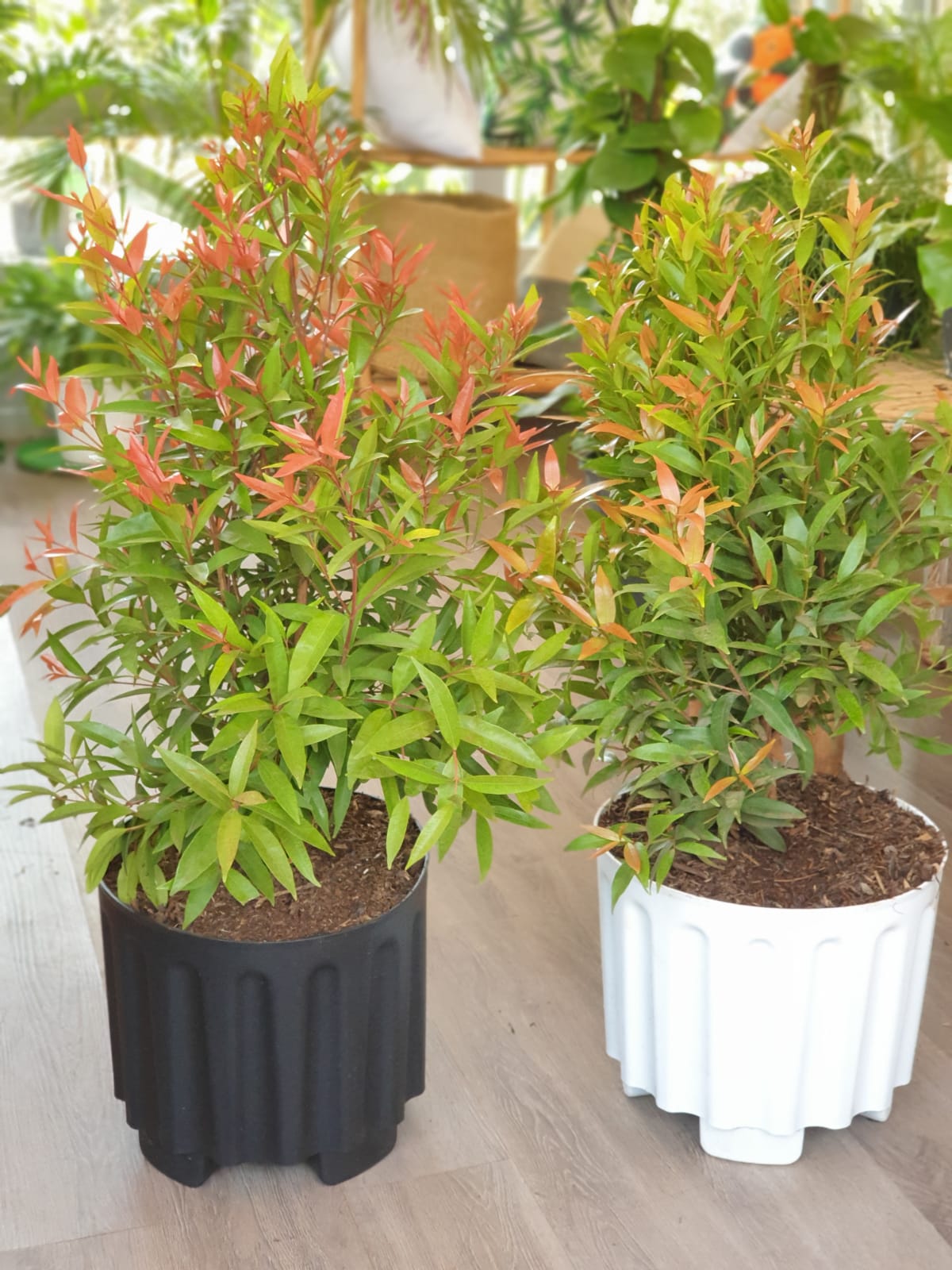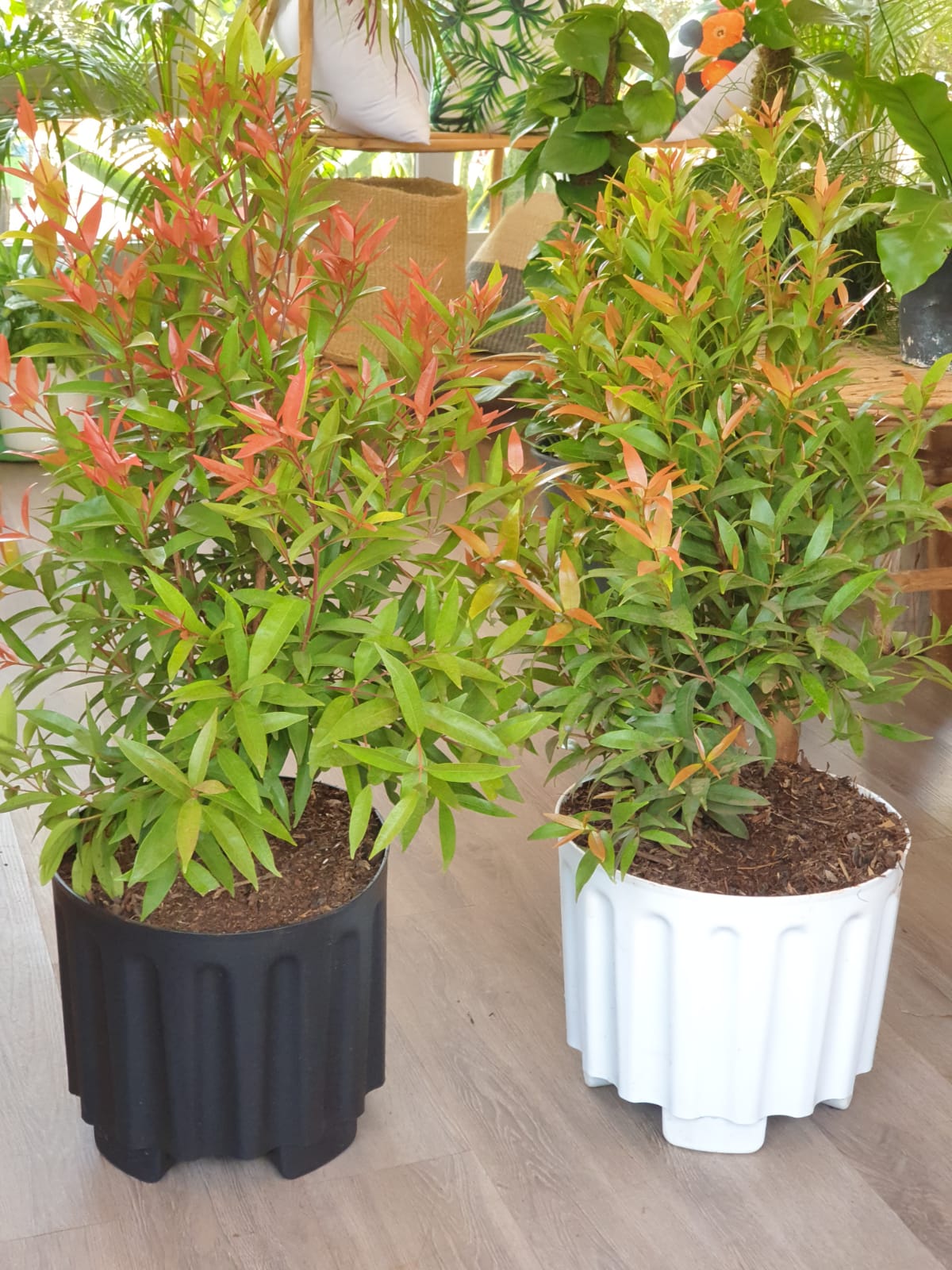Planty Flower and Garden
Eugenia
Eugenia
Couldn't load pickup availability
Eugenia is commonly known as a good outdoor plant for...
Read More >>
Eugenia is commonly known as a good outdoor plant for several reasons:
1. Hardy Nature: Eugenia is a hardy plant that can withstand various outdoor conditions. It is tolerant of a wide range of temperatures, from moderate cold to heat. This adaptability makes it suitable for outdoor cultivation in many regions.
2. Ornamental Value: Eugenia plants are often cultivated for their ornamental value. They have dense, glossy foliage that remains green throughout the year, providing an attractive and lush appearance to outdoor landscapes. Eugenia plants can be pruned and shaped into various forms, such as hedges or topiaries, enhancing their aesthetic appeal.
3. Privacy and Screening: The dense growth habit of eugenia plants makes them an excellent choice for creating privacy screens or hedges. When properly pruned, they can form a thick barrier, obstructing views and reducing noise from the surrounding environment.
4. Versatility: Eugenia plants come in various sizes, ranging from small shrubs to large trees, providing versatility in landscaping designs. Smaller varieties can be used in flower beds, mixed borders, or as container plants, while larger species are ideal for shade or as focal points in larger gardens.
5. Low Maintenance: Once established, eugenia plants are relatively low maintenance. They are generally drought-tolerant and require minimal watering once they become established. Additionally, they are resistant to many pests and diseases, reducing the need for frequent interventions.
6. Habitat for Wildlife: Eugenia plants produce small fruits that are attractive to birds, which can enhance biodiversity by attracting wildlife to your outdoor space. The fruits are also edible for some species, adding ecological value to the plant.
However, it's worth noting that the suitability of eugenia as an outdoor plant may vary depending on the specific climate, soil conditions, and species or cultivar chosen. It's always advisable to consult local horticultural resources or a professional gardener to ensure that eugenia is well-suited to your specific region before planting.
Share













